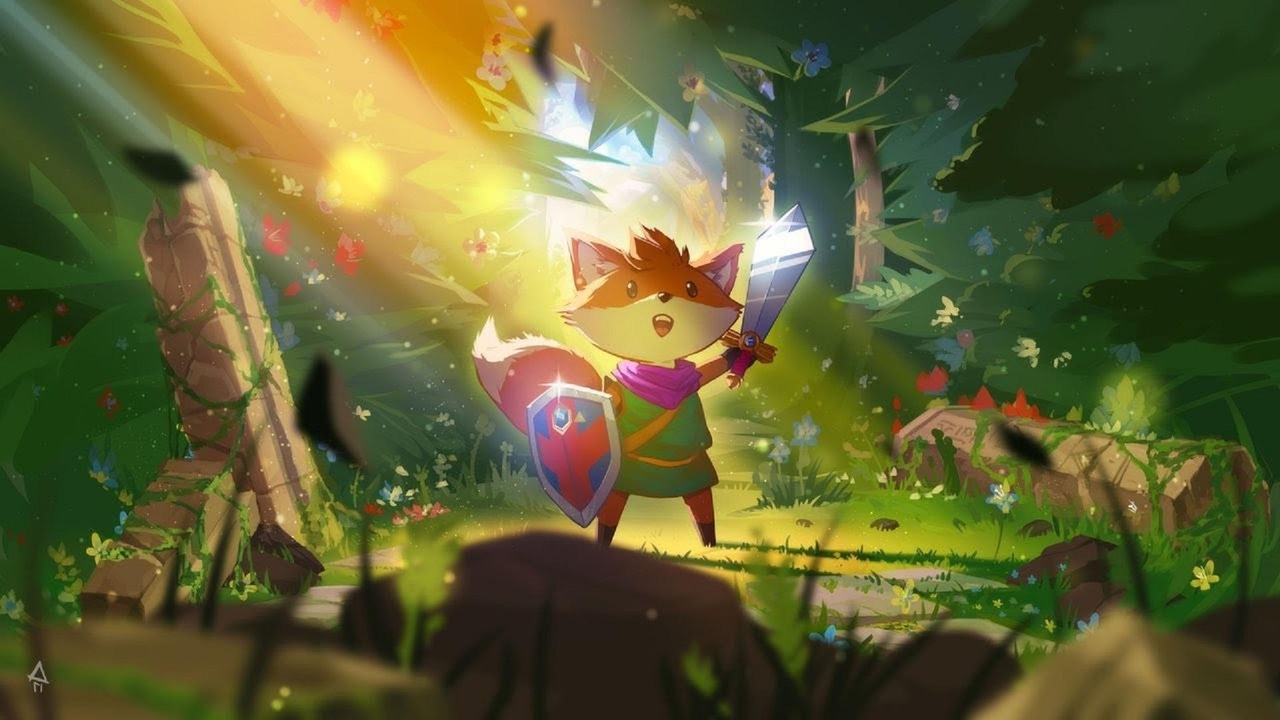Trending
Opinion: How will Project 2025 impact game developers?
The Heritage Foundation's manifesto for the possible next administration could do great harm to many, including large portions of the game development community.
DMCA strikes can be "deeply flawed," and now they're being used to wipe composers Terence Lee and Janice Kwan's music from streaming.

Terence Lee, one of the composers for Isometricorp's Tunic, has claimed false DMCA takedowns have led to the game's soundtrack being pulled from streaming services. On Twitter, Lee (known by the stage name Lifeformed) alleged they've been hit with DMCA claims since September 9.
DMCA takedowns are often used by big studios (like Nintendo) to get rid of material it thinks is harmful or infringes on copyright. The recounting of events by Lee show how damaging the system is to creatives not under the protection of big labels, and how companies are ill-equipped to deal with claims made out of (seemingly) pure malice.
According to Lee, an unknown individual contacted him on Messenger with the express intention of taking down his music. After the claim was filed, albums for both Tunic and the 2012 game Dustforce (which he also did music for) were taken down from platforms like Spotify and Apple Music.
"They simply had to send an email to Apple Music with no proof," wrote Lee at the time, "and the entire network of streaming services will instantly remove the music...and 'flag my account.' [...] The affected albums/tracks are: TUNIC, Fastfall, Umbra, and Undiscovery."
Lee went on to say that he and Tunic co-composer Janice Kwan were "working hard" to get the affected soundtracks back up, and filed a counter claim. He further revealed that he received another email from the same person on September 11, and said the distributor Distrokid "won't protect us from new attacks."
"If they do this again, our music will effectively be banned from the mainstream internet," warned Lee. "Everyone already knows that the DMCA laws are deeply flawed. [...] Why do distributors and streaming services not at the very least offer the most basic protections against these low effort attacks?"
Beyond getting the music back on streaming platforms, Lee notes that distributors such as Distrokid need to "offer protections against these kinds of attacks in the near future for artists everywhere."
Presently, Lee and Kwan's music can be heard and purchased on their Bandcamp page. Game Developer has reached out to Lee for comment, and will update this story when a response is provided.
Update: Speaking to Game Developer, Lee criticized the DMCA system for being so easily manipulated in this way.
"The real issue is the way distributors and streaming services respond to DMCA claims, and how their process enables harassment of legitimate artists," he continued. "Our frustration is that there doesn't seem to be any basic checks or filters for even the most basic fraudulent attempts like this one."
Lee forwarded images confirming the attacker's actions were "entirely random and malicious, without a hint of legitimacy to their claims." Though he hopes for an amicable solution allowing listeners to enjoy both his and Kwan's music, the larger issue surrounding DMCA claims will remain.
"Resolving this single issue we are experiencing doesn't address the reality that the way distributors and other service providers respond to DMCA claims put legitimate artists and creators at risk over and over."
"It's no surprise that malicious people like this exist. What is surprising is the extent to which the system protects and enables them to carry out their attacks without consequence."
You May Also Like